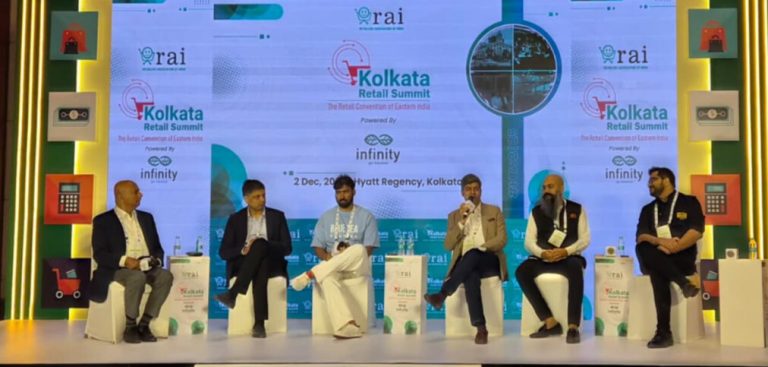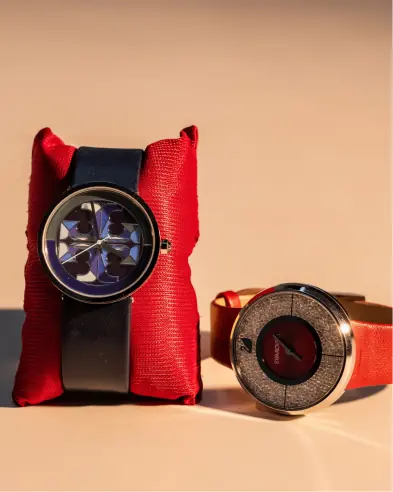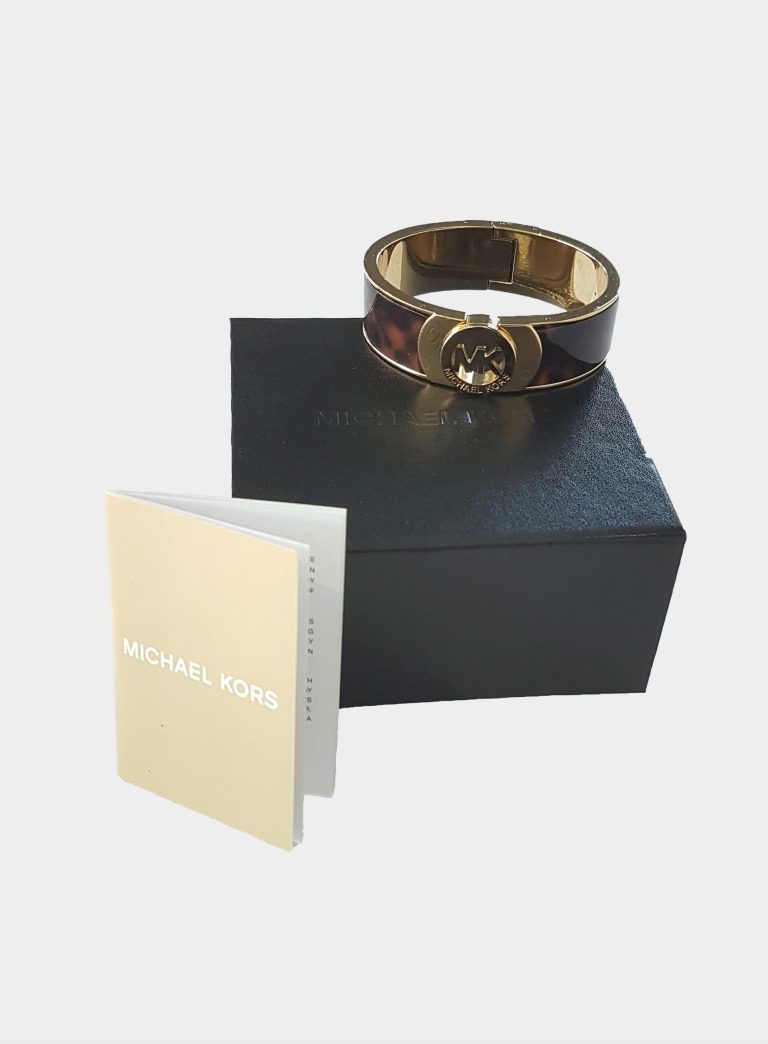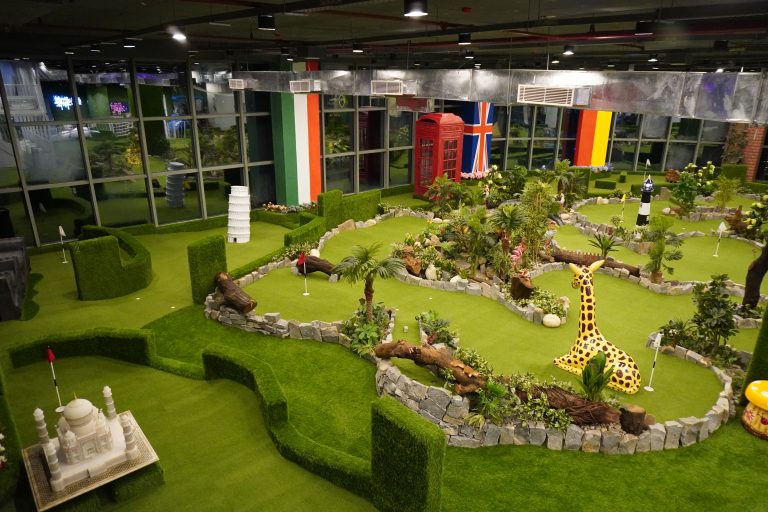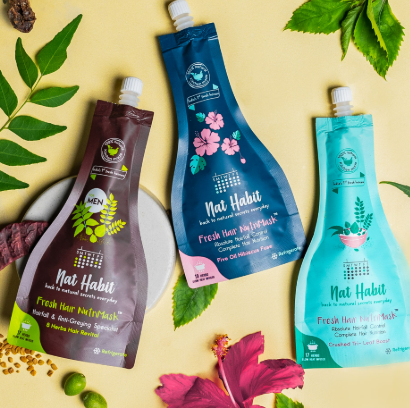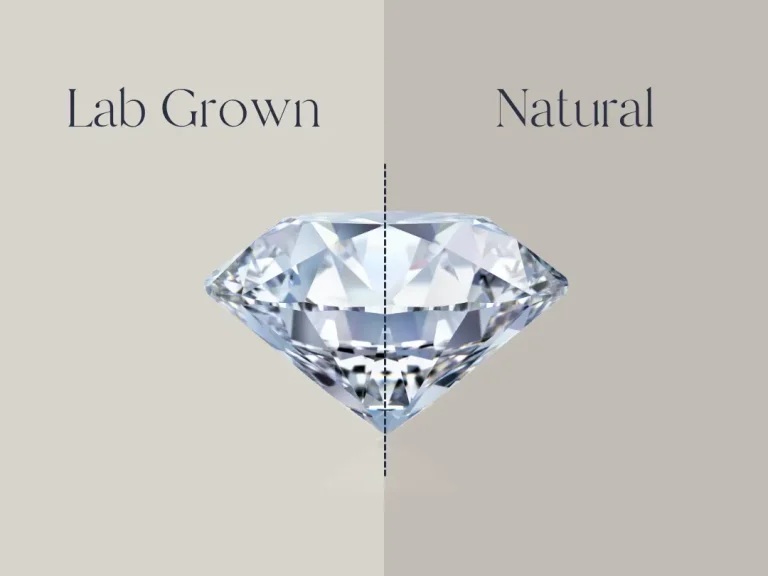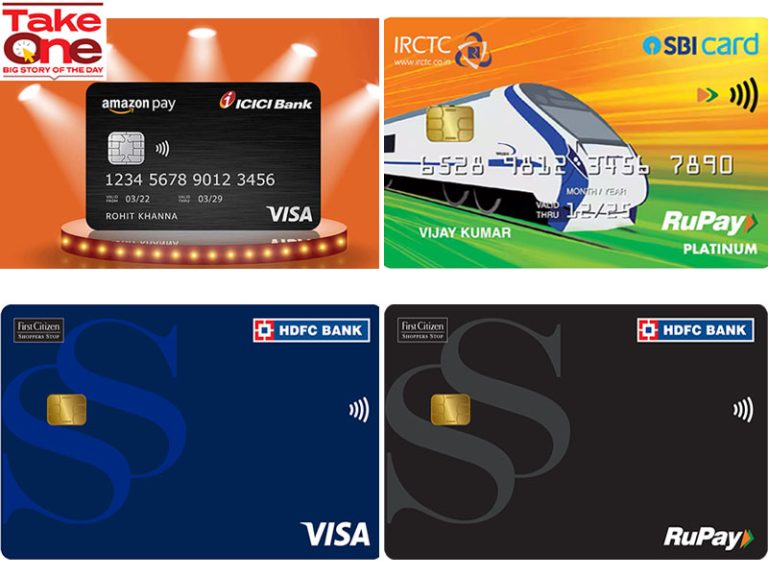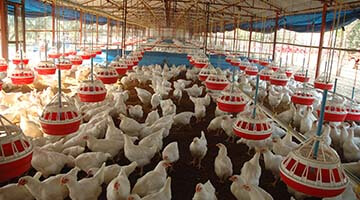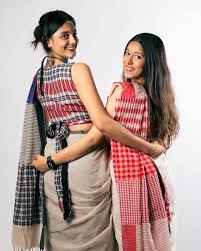As diverse as people are, so too are the styles they choose to express themselves. Yet, the mainstream fashion industry often overlooks this diversity, favoring standard sizes that don’t cater to everyone. Soumita Basu and her company, Zyenika Fashion, are on a mission to change that.
Zyenika Fashion understands that not everyone fits into the cookie-cutter molds imposed by mainstream fashion. That’s why they craft designs that address the unique challenges faced by individuals with limited mobility, offering outfits that are not only beautiful and elegant but also comfortable and pain-free.
In 2021, Soumita Basu participated in the second edition of our Landing Pad Berlin, in partnership with Asia Berlin, where founders are equipped with the tools and skills to establish themselves in Berlin. This experience further fueled Zyenika’s commitment to inclusivity in the fashion sector.
For Soumita, her journey with Zyenika began from personal struggle. After acquiring a disability, she found herself frustrated by the lack of representation for people like her in commercial clothing lines. However, this challenge became empowering, driving her to create a solution that would benefit not just herself but others facing similar obstacles.
Zyenika’s approach is rooted in the belief that clothes should be elegant and stylish while providing comfort and convenience for all body types. They started with simple yet sophisticated designs, such as a versatile sleeve or a skirt that transforms into a dress, catering to diverse needs with creativity and innovation.
Crucially, Zyenika chose not to operate as an NGO. They recognized that the fashion sector is a market in its own right, and charity alone couldn’t address the dignity of those they aimed to serve. Leveraging cutting-edge technology and centuries of clothing-making expertise, they set out to redefine what inclusive fashion could achieve.
Their commitment to sustainability extends beyond their designs; Zyenika is built on a model of self-sufficiency, eschewing dependency on grants in favor of a viable and sustainable business approach. They strive to be inclusive not only in their designs but also in their relationships with all stakeholders, ensuring that everyone involved benefits from their success.
“The idea that someone has to struggle with a need as basic and as fundamental as clothing is impoverishing in nature. Clothing is like food. There is a dignity that is lost when you just tell people ‘This is what’s available and you have to work with it.”
Zyenika’s products aren’t just for wheelchair users seeking comfort and style – they’re for anyone who values both. Their designs prioritize convenience without sacrificing fashion, making them accessible to all. And it’s not just about the individual; fostering an inclusive work environment benefit everyone.
In a world where most products are designed by able-bodied individuals who may not understand the needs of the wider population, Zyenika stands out. They started with nothing but a vision, unwilling to ask for financial support from a network already tapped for crowdfunding efforts to cover health expenses just months prior.
When Zyenika embarked on their journey, they weren’t seeking monetary investments; they were searching for connections and collaborators who shared their vision. The Landing Pad program provided them with invaluable networking opportunities and opened doors in the European market. The experts and mentors they encountered were not only accomplished but also humble, embodying the ethos of collaboration and support.
For Soumita, inclusion isn’t just about addressing physical disabilities; it’s about embracing diversity in all its forms. From mental and gender diversity to nationality and culture, she believes true inclusion extends to everyone on the margins. After all, a truly inclusive organization can better serve an inclusive market.
